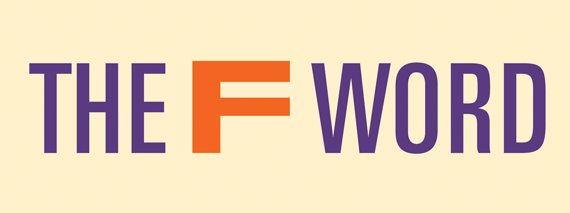Is all fat bad??
We are constantly being told that “Fat is bad for you” and therefore many people attempt to completely free their diet of fat. The truth is, that we need fats. Fat is actually necessary for you to lose weight. It just all depends on the source of food you are getting it from! Fat is as essential to your diet as protein and carbohydrates are in fueling your body with energy. Certain bodily functions also rely on the presence of fat. For example, some vitamins require fat in order to dissolve into your bloodstream and provide nutrients.
All foods and oils contain a mixture of fatty acids, but the predominant type of fat they contain is what makes them “good” or “bad.”
What are Bad Fats?
 Two types of fats — saturated fat and trans fat — have been identified as potentially harmful to your heart. Most of the foods that contain these types of fats are solid at room temperature, such as: butter, margarine, shortening, beef or pork fat. Both saturated fat and trans fat should be avoided or eaten very sparingly.
Two types of fats — saturated fat and trans fat — have been identified as potentially harmful to your heart. Most of the foods that contain these types of fats are solid at room temperature, such as: butter, margarine, shortening, beef or pork fat. Both saturated fat and trans fat should be avoided or eaten very sparingly.
Examples of Bad Fats:
Saturated Fat
This type of fat is primarily animal-based, and is found in high-fat meats and dairy products. Some typical sources of saturated fats include:
- fatty cuts of beef, pork, and lamb
- dark chicken meat and poultry skin
- high fat dairy foods (whole milk, butter, cheese, sour cream, ice cream)
- tropical oils (coconut oil, palm oil, cocoa butter)
- lard
Excess saturated fat has been shown to increase blood cholesterol levels and low-density lipoprotein (LDL) levels, which can increase your risk for heart disease and possibly type 2 diabetes, especially when combined with a diet high in refined carbohydrates.
Trans Fat
Trans fat is short for “trans fatty acids,” and appears in foods that contain partially hydrogenated vegetable oils. These are the WORST fats for you. Examples where you might find trans fat in are:
- fried foods (French fries, doughnuts, deep-fried fast foods)
- margarine (stick and tub)
- vegetable shortening
- baked goods (cookies, cakes, pastries)
- processed snack foods (crackers, microwave popcorn)
As like saturated fat, trans fat can raise LDL cholesterol, also known as “bad” cholesterol and can also suppress high-density lipoprotein (HDL) levels, or “good” cholesterol. Therefore, trans fats can raise your heart disease risk threefold higher than any saturated fat intake.
What Are Good Fats?
 Monounsaturated fat and polyunsaturated fat are considered more “heart-healthy” fats, which you should include in your diet in moderation. Foods that primarily contain these healthier fats tend to be liquid when they’re at room temperature, such as vegetable oil.
Monounsaturated fat and polyunsaturated fat are considered more “heart-healthy” fats, which you should include in your diet in moderation. Foods that primarily contain these healthier fats tend to be liquid when they’re at room temperature, such as vegetable oil.
Examples of Good Fats:
Monounsaturated Fat
This type of helpful fat is present in a variety of foods and oils. Research has consistently shown that eating foods that contain monounsaturated fat can improve your blood cholesterol level and decrease your risk of cardiovascular disease. These foods include:
- nuts (almonds, cashews, peanuts, pecans)
- vegetable oils (olive oil, canola oil, peanut oil)
- peanut butter and almond butter
- avocado
Polyunsaturated Fat
The primary source of this fat are from Plant-based foods and oils. Like monounsaturated fat, polyunsaturated fat can also decrease your risk of heart disease by lowering blood cholesterol levels.
A certain type of this fat is called omega-3 fatty acids, and these have been shown to be particularly beneficial for your heart. Omega-3s not only appear to lower the risk of coronary artery disease, but also may help lower blood pressure levels and guard against irregular heartbeats. The following types of fatty fish contain omega-3 fatty acids:
- salmon
- herring
- sardines
- trout
You can also find omega-3s in flaxseed, walnuts, and canola oil, although these contain a less active form of the fat than fish do.
You can find polyunsaturated fat in the following foods, which contain omega-6 fatty acids:
- seeds (sunflower seeds, pumpkin seeds, sesame seeds)
- vegetable oils (corn oil, safflower oil, sesame oil, soybean oil, sunflower oil)
- soft margarine (liquid or tub)
- tofu
- roasted soy beans and soy nut butter
- walnut
So go out and get fats in your diet if you want to lose fat 🙂
If you are not sure about what you should be eating or when click this link and see how we can help



